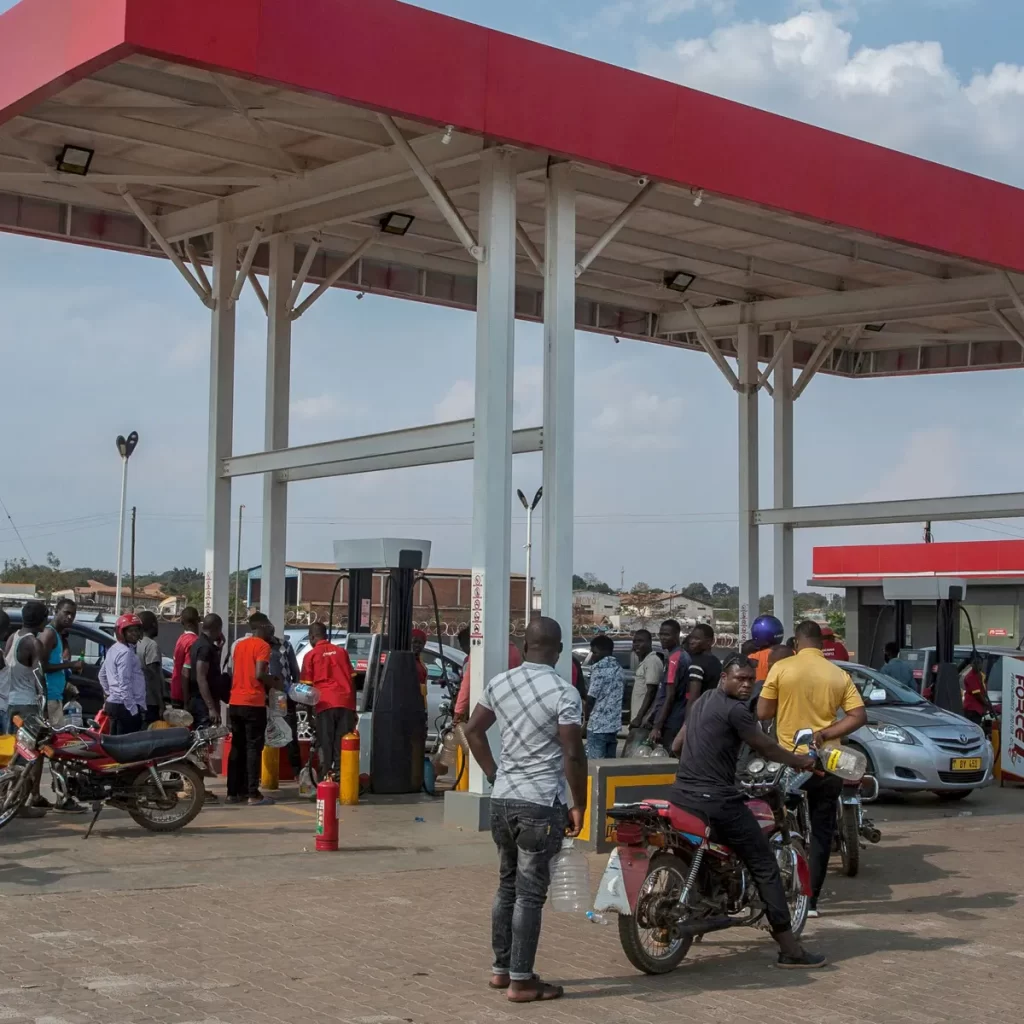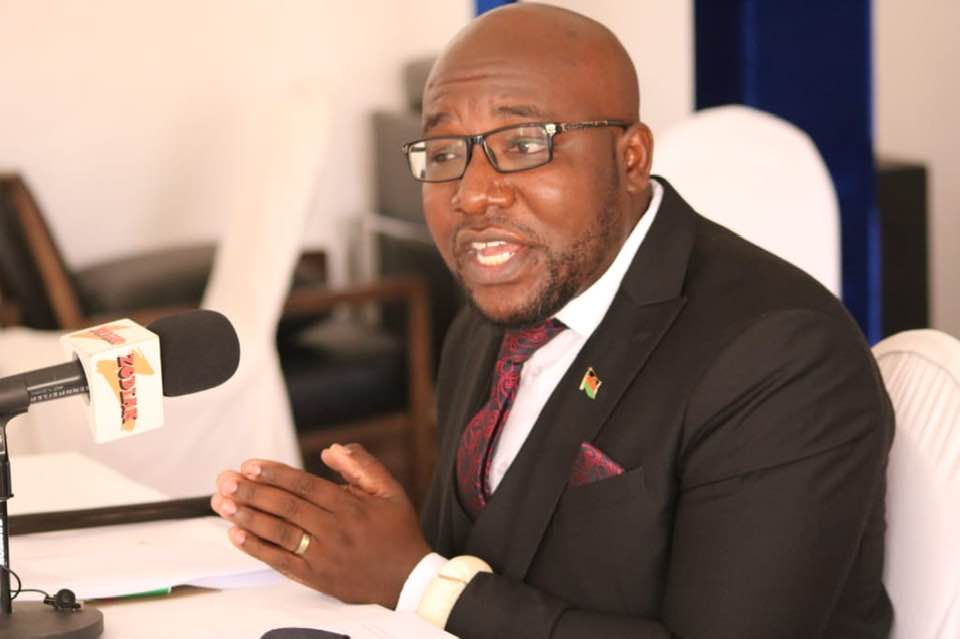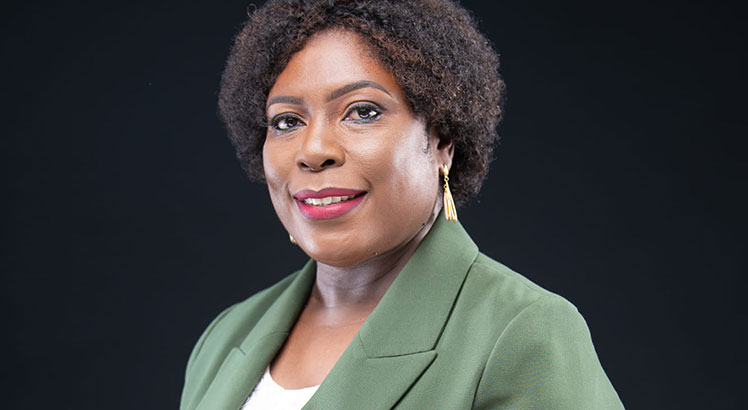No end in sight for fuel crisis
Chances that fuel woes will end soon are slim because of forex shortage, delays in payment of supplier invoices and hold-ups in letters of credits from banks, interviews with key industry players show.
Officials from Malawi Energy Regulatory Authority (Mera), National Oil Company of Malawi (Nocma) and Petroleum Importers Limited (PIL) all painted an opaque picture.

Nocma director of operations Micklas Reuben said yesterday although fuel products are being hauled into the country, the commodity is not enough.
He said: “The problem is that we have issues with forex shortage. There are also delays in payment of invoices for suppliers and in getting letters of credits (LCs) confirmed.
“All these impact the flow of the product. So, we are not importing to the expected levels.”
Reuben further said monthly consumption is around 51 million litres, but the country is importing around 40.8 million litres.
He added: “From January to June, the average importation has been around 40.8 million litres. The gap is coming in because we are not getting adequate financing to meet the demand, which is at 51 million litres a month.”
PIL chief executive officer Martin Msimuko could not be reached for comment. However, a source at PIL privy to fuel importation said yesterday the crisis remains dire because of forex shortage.
Said the source: “This week [PIL] expects a lot of fuel. We are loading some fuel in Dar es Salaam, Tanzania and at Beira port in Mozambique. But what will happen is that once we receive the consignment, we will not be able to import more fuel anytime soon because of the forex shortage.
“We are supposed to import 20 million litres each month. However, there are some weeks that we get only four or seven million litres, some weeks get nothing. So, it depends on forex availability. We can plan but without forex, it doesn’t work.”
Reserve Bank of Malawi (RBM) director of public relations Mark Lungu said yesterday they are trying their best to ensure that Nocma and PIL are assisted through commercial banks.
He said: “But in a situation where the commercial banks don’t have enough foreign exchange to back up those LCs, that’s when the central bank comes in to assist.
“I know of late there have been those interventions to assist the commercial banks while they assist Nocma and PIL with importation of fuel. There is always that interaction when commercial banks are short, they will talk to the central bank for assistance.”
However, Lungu could not write off “the fact that we are in a period when we are not in abundant supply of foreign exchange. That’s why the interaction between the central bank and commercial bank is very key.”
Due to the low supply challenges, fuel shortages have worsened in the country, with long queues spotted in all the cities of Blantyre, Zomba, Lilongwe and Mzuzu.
The crisis is advantaging middlemen who are selling a litre of petrol at between K4 000 and K6 000 on the black market. These middlemen often buy fuel in jerry cans and drums for resell.
The thriving black market dealership forced Mera to release a statement on Wednesday, threatening to deal with all those involved in the malpractice.
The statement reads in part: “Mera has noted with concern an increase in fuel trading malpractices which are undermining efforts to ensure fair access to fuel amidst fuel supply constraints caused by foreign exchange challenges.
“Fuel service stations are reminded that selling in jerry cans, drums and other such containers without authorisation from Mera is not allowed.”
Mera spokesperson Fitina Khonje said they will involve law enforcement agencies to deal with black market dealers. And on stock levels, she admitted that there are several constraints in the supply chain.
She said: “Mera has already expressed that there are constraints and authorities and the industry are working on addressing this.”
Northern Region Transporters Association president Mwawi Mwanza said the fuel crisis has forced them to park their trucks and other vehicles.
“Our vehicles are grounded because we cannot afford to buy fuel from the black market. The situation is bad,” he said.





